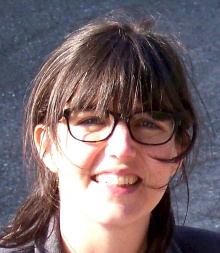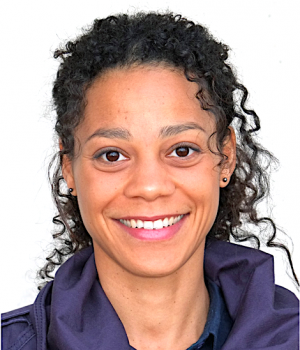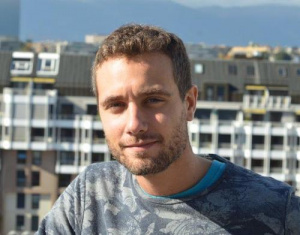
Factors Determining Self-Management Behaviors in Adults Living with Diabetes
Diabetes, a chronic disease related to sugar metabolism disturbance, represents a steadily increasing public health challenge concerning about 500’000 people in Switzerland. The success of any treatment strategy strongly relies on patients’ ability to integrate diabetes self-management behaviors (DSMBs) into their daily lives. DSMBs usually include decisions and actions regarding medication intake (insulin or oral antidiabetic agents), performing physical activity, adjusting diet, monitoring blood sugar, and foot care. My thesis project aims at describing DSMBs profiles and identifying the cognitive, psychologic, social, and environmental factors influencing their practice in adults. In particular, the results will help identifying 1) DSMBs practices and patterns, 2) DSMBs main determinants acting as obstacles or supports of DSMBs, and 3) patients’ specificities and needs in the process of diabetes self-management. This PhD thesis is supervised by Isabelle Peytremann-Bridevaux, (Director) Institute of Social and Preventive Medicine (IUMSP), Lausanne University Hospital (CHUV) and Lausanne University, Lausanne, Switzerland, Bernard Burnand (Co-director), Institute of Social and Preventive Medicine (IUMSP), Lausanne University Hospital (CHUV) and Lausanne University, Lausanne, Switzerland and Olivier Desrichard (Co-director), Faculté de Psychologie et des Sciences de l’Education, University of Geneva, Geneva, Switzerland

PROMOTION OF PSYCHOSOCIAL SKILLS IN HIGH-SCHOOL STUDENTS
Psychosocial skills, such as empathy, effective communication and conflict resolution, or group-based decision-making are essential for social adaptation and constitute a key component of the development of positive mental health. The present project is a two-year longitudinal study of psychosocial competencies in a large sample of French vocational school adolescents (around 4000 students). It is a large-scale experimentation program founded by the French ministry of Education, aiming at exploring effects of cooperative learning on both intra and interpersonal competencies and academic achievement.

Decision, uniqueness seeking and risk-taking
Separately, “Uniqueness Seeking” and “Risk-taking” have both been subjects of a considerable amount of research. Nevertheless, the literature has rarely focused on the potential link between these two concepts. Uniqueness theory suggests that people have a need to build and maintain a feeling of moderate distinctiveness. Several studies have shown that uniqueness motives prompt distinctive behaviors. Can risky actions provide a way to distinguish? The goal of this project is to demonstrate that risk-taking can have an instrumental function serving the need for uniqueness. Various experiments have been carried out, and others more will be conducted in order to experimentally demonstrate that the need for uniqueness predicts risk taking.

Determinants of health behaviors during pregnancy and post-partum period
Pregnancy has repeatedly been described as a time when women may be particularly receptive to changing their health behavior, moreover this period is often a window of opportunity to intervene with their families. Various types of determinants are related to health behaviors during pregnancy: physiological aspects, socio-demographics, and psychological factors. However, the complexity of the processes associated with health behaviors is rarely established. A field of research examine the determinants of smoking cessation and post-partum relapse (in collaboration with Haute école de santé de Genève and Hôpitaux Universitaires de Genève). Another study focuses on psychological predictors of the use of complementary and alternative medicines (CAM) during pregnancy and explore the role of various predictors: perceived stress, beliefs about medicine, health locus of control (HLOC), health literacy, bullshit receptivity, and belief in conspiracy theories (CT). Motivational interviewing (MI) can be incorporated into a widerange of health promotion and disease prevention interventions, it appears to have potential application across diverse professionals and health care settings. A new pedagogical research project focusing on training students in motivational interviewing using simulated patient-based techniques is under development.

















